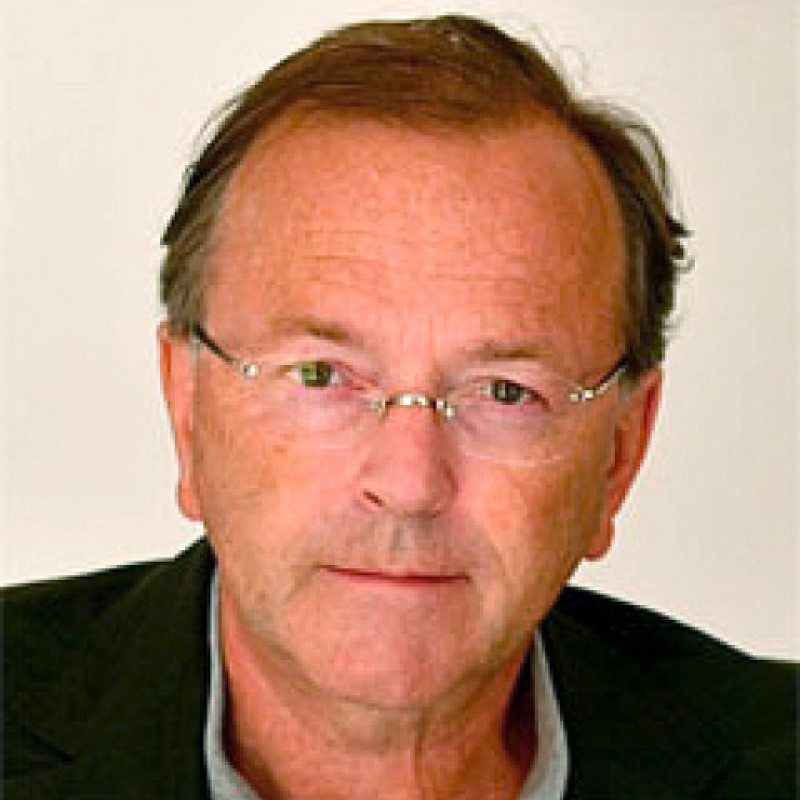News Details

In an interview for the journal Biosemiotics, Gerd Müller, long-time president of the KLI, gave insights into theoretical biology, his academic achievements, and the development and vision of the KLI.
In the interview, Müller traces his interest in theoretical biology, his academic career and research milestones. One of Müller's significant achievements lies in his contribution to the development and advocacy of the theoretical foundations of evolutionary developmental biology (evo-devo) and its integration with evolutionary theory. Through scientific publications, teaching, workshops, summer schools and scientific societies, Müller played a pivotal role in advancing evo-devo. He also delves into his work on the Extended Evolutionary Synthesis, a revised and more comprehensive theoretical framework of evolution. This initiative challenges the long-standing dominance of neo-Darwinism and is beginning to influence not only biology but also other disciplines dealing with living systems, including social and cognitive sciences.
Another topic covered in the interview is the vision and development of the KLI, which became a major center of theoretical biology under Müller’s leadership. The foundational idea was to create an environment of open-minded discourse, in which accomplished scientists, postdocs, and students from various disciplines and backgrounds could interact and communicate freely. Facilitating inter- and transdisciplinary discourse and collaboration has been a central goal of the KLI from the very outset. This tradition has its roots in the Altenberg Seminars, multidisciplinary gatherings in Konrad Lorenz’s mansion during the 1970s and 1980s, which Müller attended as a student. The conversation further explores Müller's insights on the role of biosemiotics in biology, as well as the current state and future prospects of theoretical biology. The interview celebrates Gerd Müller’s 70th birthday and his visionary contributions to theoretical biology.
Find out more in the Interview in Biosemiotics!

